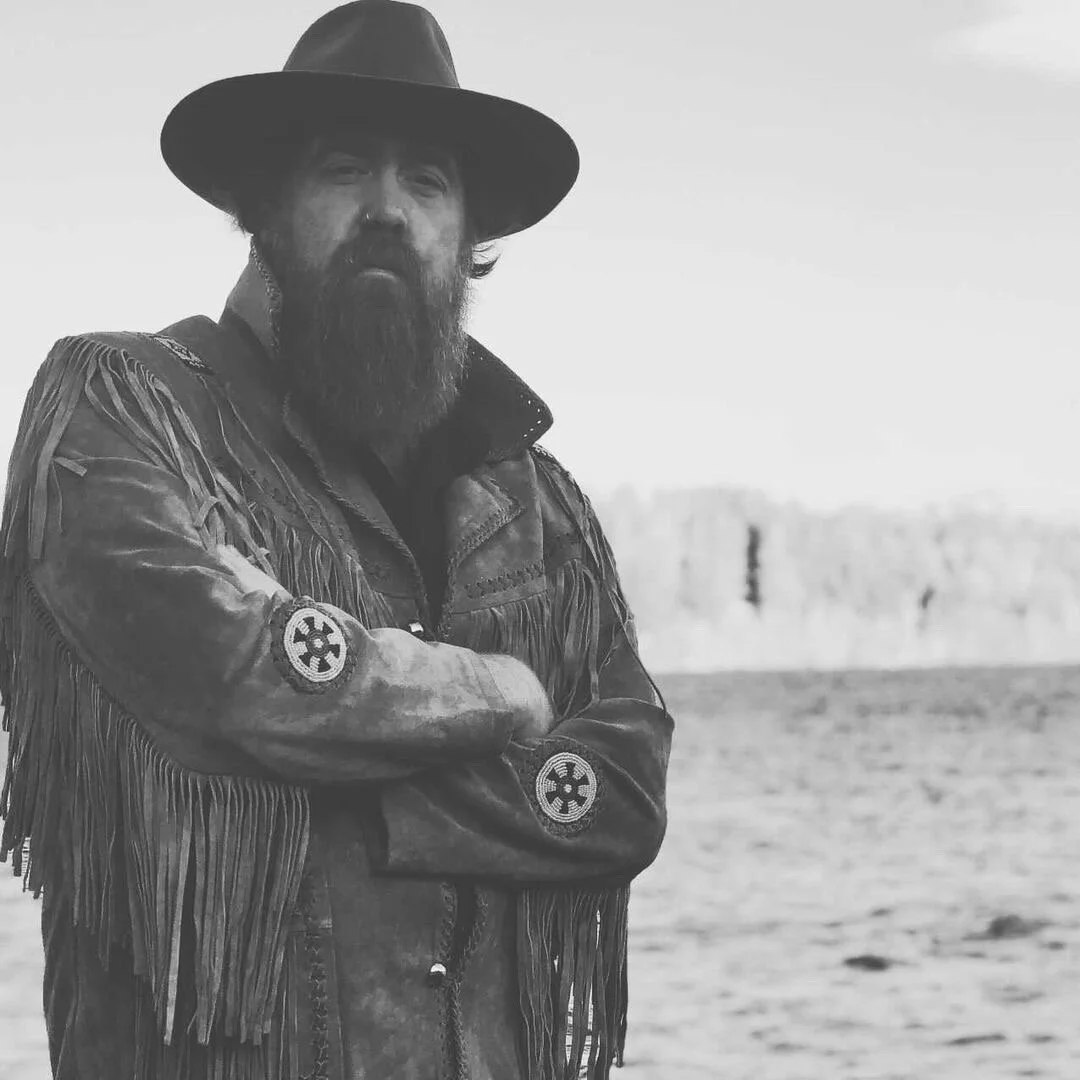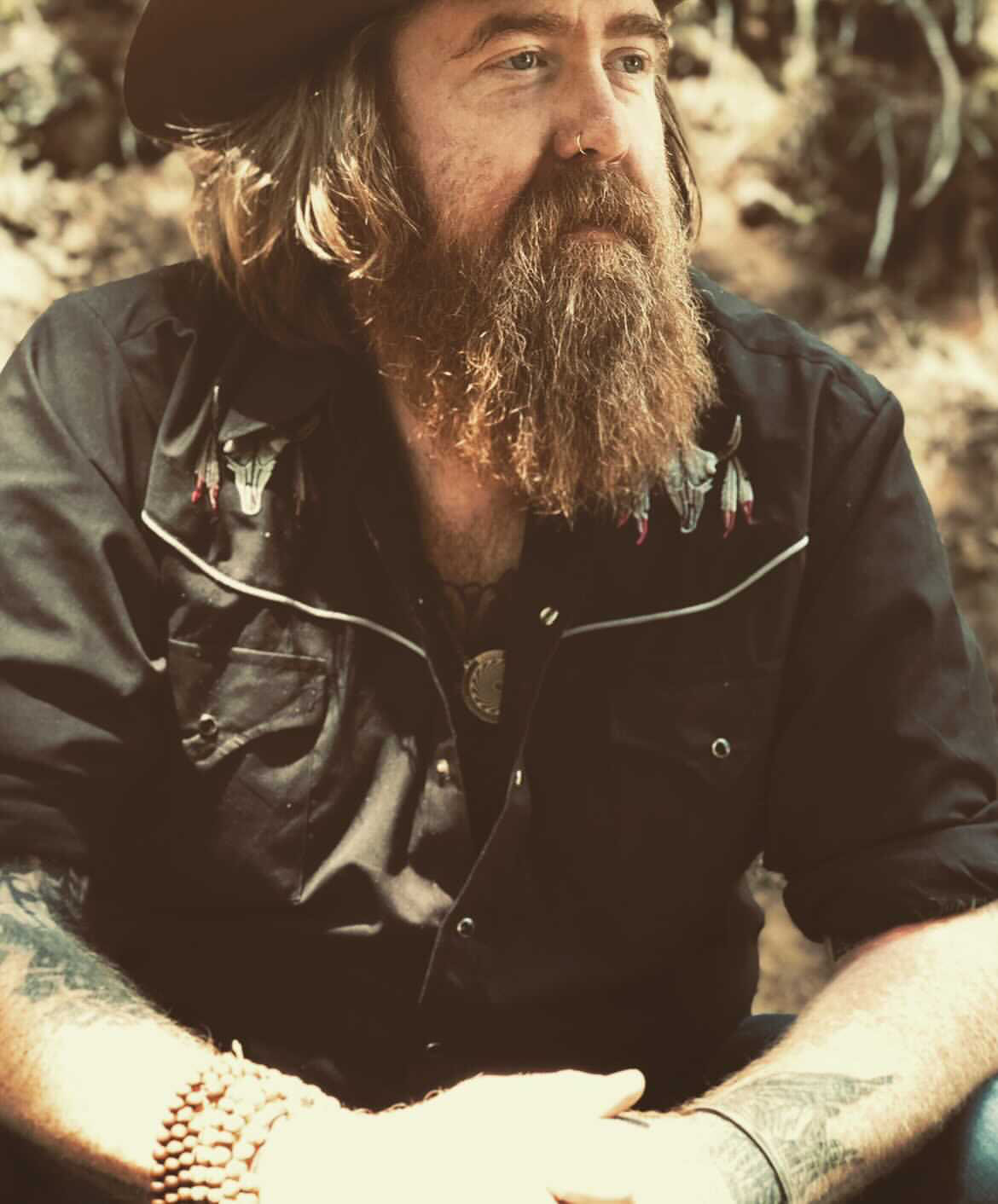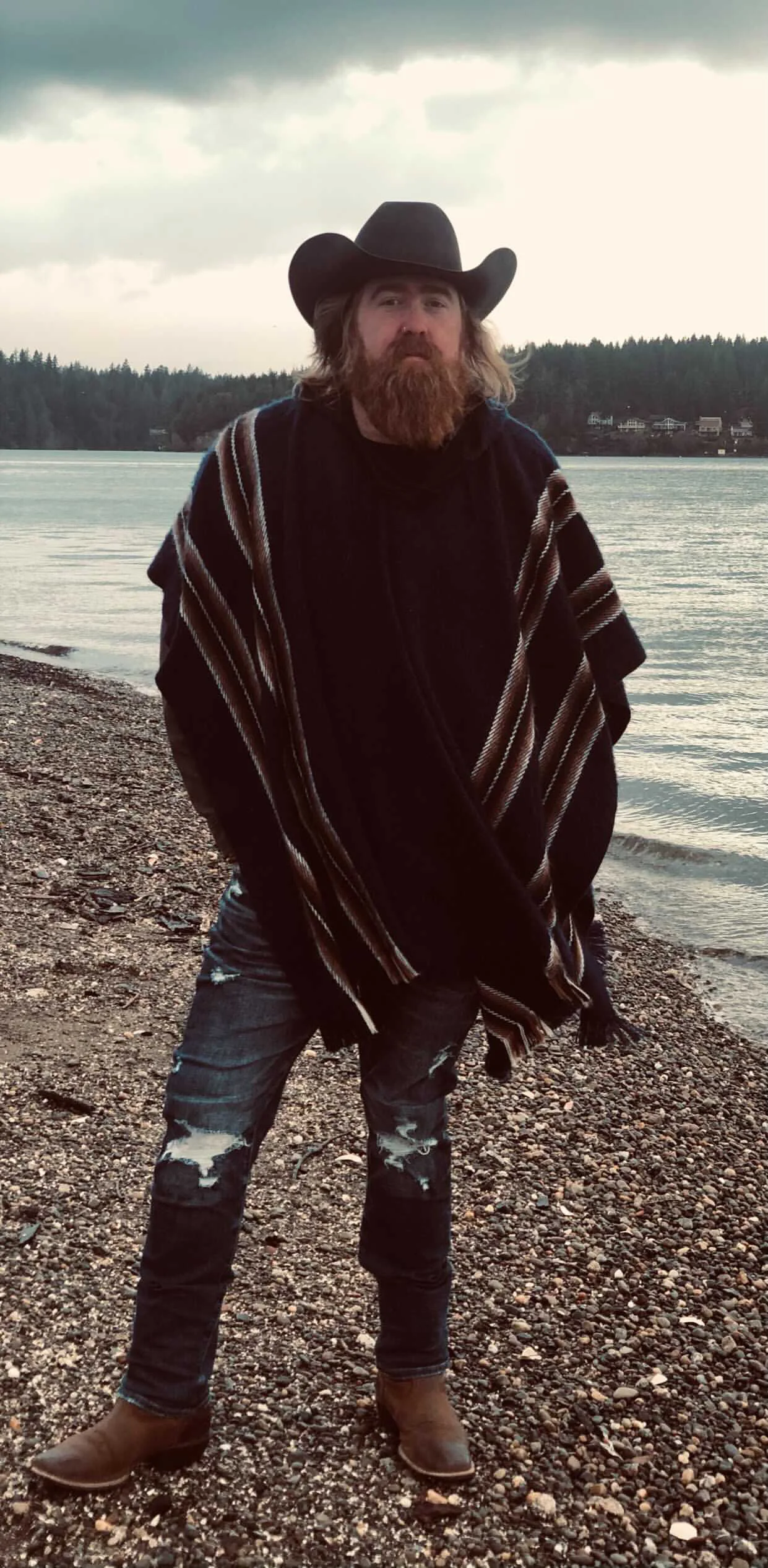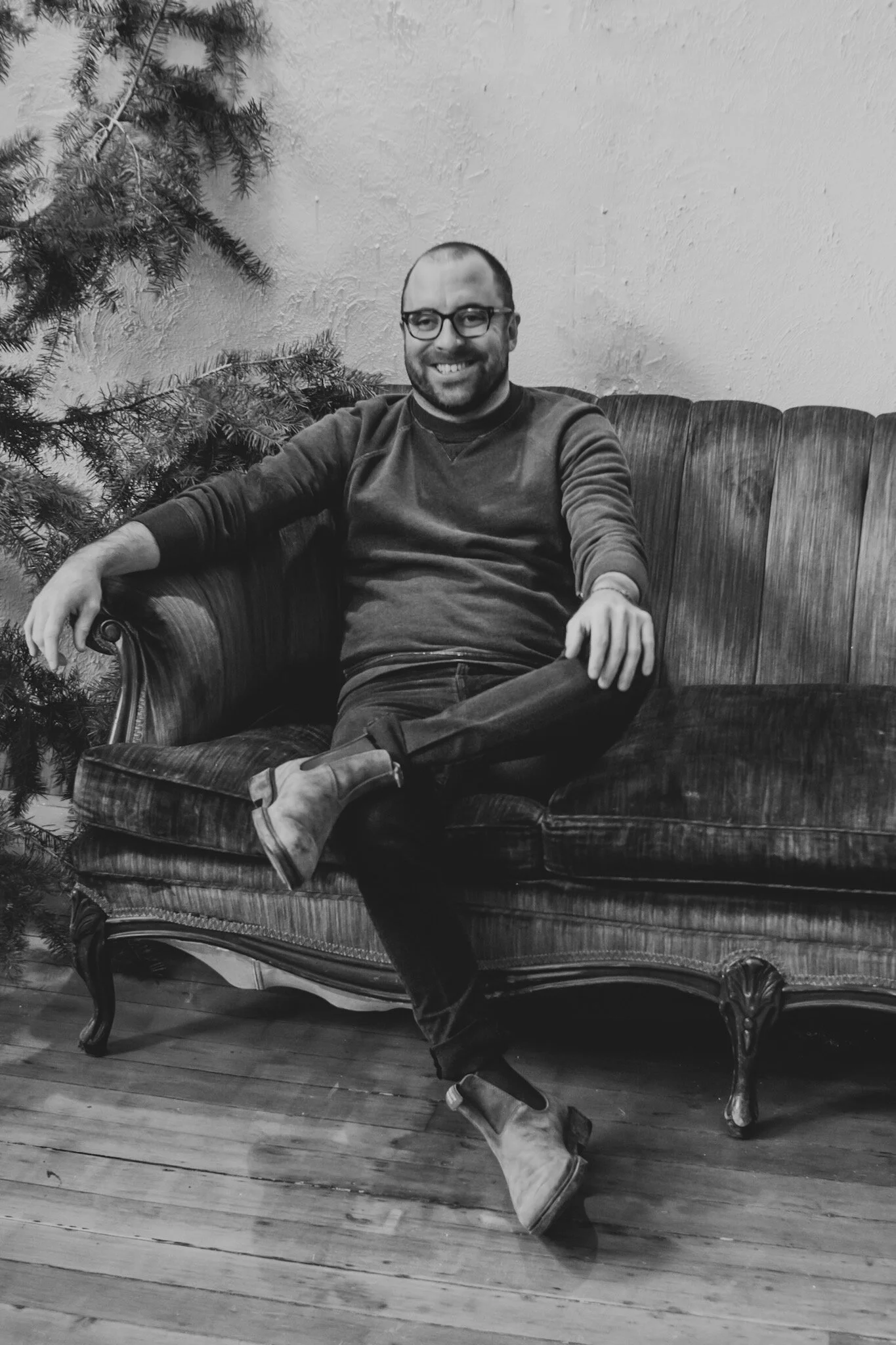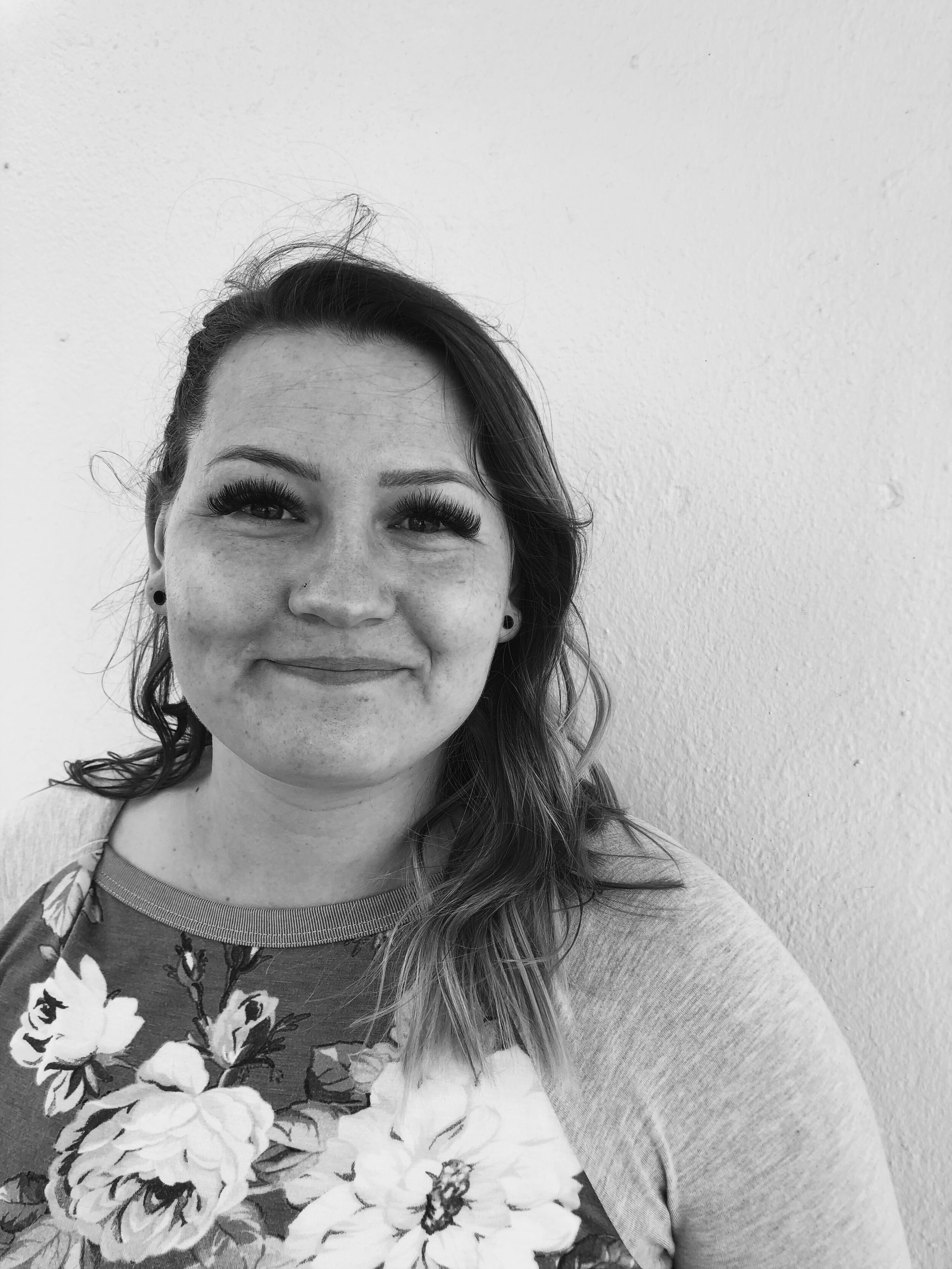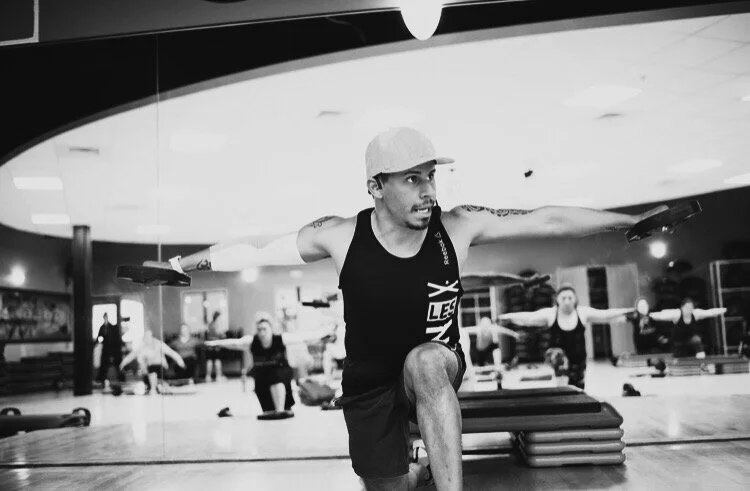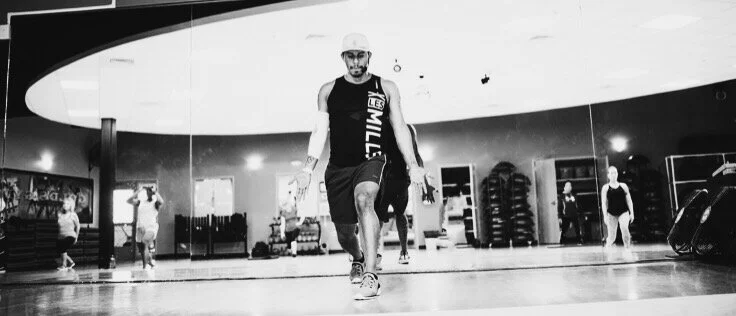Opinions and guidance on this topic are ubiquitous. It’s constantly referenced and encouraged and celebrated and highlighted. And it should be, don’t get me wrong. But. I think much of that guidance is incomplete. Dare I say much of it (though not intentionally) misleads?
Here’s why.
Self care we often hear about entails feel-good self care. Immediate, automatically-soothing self care. You know, massages, baths, naps, etc. Don’t get me wrong: these are an integral part of self care, but they’re just that: a part. If you rely solely on them, you’ll only get partial (and temporary) results.
Think about your personal experience with the lighter side of self care. Does it feel like you can never get enough? Like you’re always in the hole? Do you feel like even when you get a massage, or extra sleep, and though it feels good in the moment, it doesn’t quite hit the TRUE spot? It doesn’t extend far down enough, as if maybe all the bubble baths in the world won’t quite ease the heaviness.
So what else does self care entail, particularly if you want lasting, true results? Results as in a life and body you don’t constantly need to recover from/escape?
Self reflection. I’m not talking the surface self check ins, safe from the reach of heaviness and repressed emotions. I’m talking DIGGING IN. Getting still and real with yourself. Leaning into your shadows. Facing the stuff that brings you to your knees. Practicing radical self honesty. Staying put - physically, mentally, and emotionally - and riding the waves of shame. Gritting your teeth and illuminating those areas where you feel scared, inadequate, defeated. Unpacking why you feel what you feel. Gently but firmly leveling with yourself.
While this can all be done on your own, it also helps to have a caring, objective, and honest third party to spotlight your blind spots and offer perspective. This can be a therapist or trusted confidant. While I highly recommend it - outside perspectives can be invaluable - it’s also crucial you learn to sit with yourself, and truly explore your depths alone. Without distraction.
Walk through the fire. The fire that cleanses and purifies. Just dancing around it with affirmations and inspirational quotes won’t do it. Again, I strongly advocate affirmations and inspirational quotes, but they’re not a cure-all. They’re just part of your toolbox. The fire is there, waiting to burn away what no longer serves you, and forge you into whom you were meant - and deserve - to be. I see self love as a mode of self empowerment.
Self love calls for you to honor yourself, which means not betraying yourself.
Not betraying your truth. Not violating your boundaries - with yourself and others. Not carrying what isn’t yours to carry.
I’ll share a personal story of how I learned I was betraying myself. You might relate.
I’ve been single for almost all of my life. As I outlined in a previous social media post, I don’t believe there’s a simple, reductive reason why. As with anyone, there are multiple contributing factors to why we’re each in our current life statuses, right?
For many years I let myself believe I was perma-single because I was somehow…deficient. For whatever reason. Maybe I was missing a chip preventing me from falling in love. My friends and I used to call myself the Ice Queen, for how emotionally uninvested I could be. Then in my mid-20s I fell in love (spoiler alert: didn’t last), so that wasn’t it.
Hmm, new theories. Well, maybe I’m just too picky, or independent, or commitment-averse, or wild. And/or maybe I’m a self sabotager. I mean, here I am, defying the norm and expectations by daring to still be single into my 30s. Surely that’s pathological, right? I’m supposed to be married with kids by now (or so my immediate society continually preached).
So as another relationship fell through (almost always from me bailing), these theories really solidified. My self-concept as a broken person in desperate need of healing really gelled. So with this mindset, I entered my most recent relationship. I even warned my new boyfriend my resistance would soon set in and I would start to pull away, but that he should just power through and not take it as personal. I helped set the framework of me as the problem one, and he sustained it.
Fast forward a few weeks, and the resistance was NOT. LETTING UP. In fact, it was deepening, despite my best attempts at dissolving it. We argued often and intensely. Essentially, it came down to incompatibility of our wants and needs in a relationship. Almost always, my resistance and “issues” were cited as the troublemakers.
And I allowed that. I continually beat myself up for not being a better partner. For falling short. For not doing more, being more, saying more. For feeling resistance. For feeling frustrated and resentful. Throughout my life, I’ve tried being everything to everyone: the best girlfriend, the best sister, the best friend, the best daughter, the best employee, the best light bringer, the best ally. The ultimate fixer, the savior to all. I had a few friends going through extremely tough times, and constantly being there for consumed much of my mental and emotional bandwidth. I felt depleted from giving my all…and it still wasn’t enough. So I accepted the blame for the relationship storms. Clearly, I was just too selfish. He was prioritizing me to the absolute max. Almost anything he requested, he gave: maximum time, maximum attention, maximum focus, maximum words of affirmation. Like…more than I have ever received from any one person in my entire life.
Sounds like a dream, right? Yet…
I felt…exhausted. Maybe I’d just been on my own too long. Maybe I was too set in my ways. I just needed to get over myself and prioritize him more, give him more, give him what he was wanting and needing. With this relationship, I actually truly wanted to make it work. To work through the suck, to go all in, to come out the other side. I wanted my first and lasting success story. I really cared about him.
I interpreted my resentment, anger, and frustration regarding our relationship as weaknesses, not red flags. My mistake.
Finally, he’d had enough. Resentment was building on both sides, for opposite reasons. Even though I was pissed, when he called to break it off, it still stung. I remember thinking, “Oh man. This could shatter me.” Because though I was deeply relieved, I was also [initially] deeply hurt. It felt like a giant, confirming dose of “you’re a shitty partner and will never give enough/be enough, no matter how hard you try.” Let the shame storm commence.
I bathed in the shame and dejection for about two hours. Then one of my closest friends called about something unrelated. When I broke the news to her, she immediately urged me to fight for the relationship, to not give up. To fight for my relationship with him like I’d fought for my friendship with her. As I considered it, I felt a sense of bone-deep calm wash over me. I suddenly felt completely at peace with how things turned out, and had absolutely no desire to change them.
The next day, I woke feeling hopeful. Upbeat. Later that day, my best friend called to discuss the breakup. Though I didn’t feel down and out like I expected, I still carried the heaviness of believing the failed relationship was largely my fault. I viewed it as confirmation I simply wasn’t cut out for a lasting relationship, and I would just make peace with that.
Thank god my best amiga is as wise as she is. As always, she listened actively and patiently, then cut through the noise, straight to the core. She noted how I’d never faulted or shamed him for his needs. She also gently averred I wasn’t honoring MY needs. I was so focused on his unmet needs, I wasn’t asserting my own.
It was one of THE biggest clarifying moments of my entire life. Total breakthrough. I’d recently vaguely started to notice I’d always been more concerned with what I brought to relationships than what I wanted/required from them. I’m not saying I’m a total innocent, who only gives and never takes (in relationships or in general). That’s definitely not true. But, in trying to be everything to everyone, I’d lost myself. I’d not only stopped advocating for what I needed/wanted, I also stopped identifying what I needed/wanted.
(Stay with me - I’m tying this back into self love, I swear!) Not only that, as my bestie pointed out, I also wasn’t honoring my intuition. The signs my mind, soul, and body were repeatedly giving me telling me the relationship wasn’t a true, lasting fit.
I had effectively, yet unintentionally, betrayed myself. I betrayed myself by not setting and honoring boundaries with myself and others. I betrayed myself by accepting blame that wasn’t mine. By carrying what wasn’t mine to carry. By not knowing and communicating and respecting my wants and needs. By overriding my intuition.
I’ll be honest, sharing this story was…tough. My default has always been to take the blame. Part of this is from my past, and part of this is because I feared if I unapologetically spoke my truth, people would think me arrogant, narcissistic, self-unaware, and untrustworthy. I always felt compelled to both internally and externally step up and accept the heat. That’s what evolved people do, that’s what leaders do, that’s what self-aware people do.
But now I’ve realized there’s more to it than that. Being self aware and unapologetic aren’t mutually exclusive. It’s okay to tell my truth untempered by self deprecation. This doesn’t mean I don’t see or admit my faults. I absolutely do, and am forever committed to personal development. But I am also done with taking on what isn’t mine. I’m done worrying about being/appearing selfish and unaware. Not everyone will understand, and agree. I relieve myself of the expectation to convince others, and I relieve others of the expectation to validate me. All I can do is live and speak my truth; how others receive it is their business.
I’m done mistrusting myself. I’m done abandoning myself in the name of self awareness.
I will continue to seek opportunities and feedback to learn and grow, but I won’t lose myself in the process.
The process of honoring, loving, respecting, and empowering yourself isn’t gentle…but it’s transformative. It’ll bring you relief like you’ve never before experienced in your life. Earth-shattering, authentic relief. Peace. Well-being.
I speak from experience. Ever since that post-breakup conversation with my bestie two months ago, something clicked. I’ve been transformed. I returned to myself. I shed the shame and the guilt and the burden I’d been carrying virtually my entire life. I reclaimed my power, my truth. My LOVE. This might sound hyperbolic and dramatic, but remember what I said about speaking my truth? You don’t have to believe me, but I can unequivocally say I’ve been utterly euphoric. I’ve been flooded with happiness, gratitude, acceptance, and peace. I’d wake with a giant smile on my face (even at 4 am), and it didn’t stop until I easily drifted off to sleep that night. I had more patience, more clarity, more brainpower. It actually concerned me at first: I’d just been dumped, how could I feel on top of the world? Surely this was a false high, part of the healing process. The calm before the storm. A delayed processing of emotions, the “denial” phase of the grieving process. I’d probs crash in a few days. And yet…no crash. I’m still consistently riding cloud nine.
I’ve always been happy and grateful overall but this is different. I feel so stable, so solid, so FULFILLED.
And I credit this to coming back to myself. Honoring and respecting myself, in every way. Even if it inconveniences others, even if it disagrees with others. This doesn’t mean I won’t honor and respect them too - it’s not all about me and getting mine. It’s about balancing, and ensuring I don’t lose myself in accommodating others.
Essentially, it comes down to taking responsibility for ourselves: for our wellbeing, for our actions, for our reactions, for our beliefs, for our thoughts. For our wants and our needs. For our voids. For our validation. For our truth. For our potential.
We’re all capable of being toxic. None of us are perfect. Nobody always gets it right. Not one person is 100% innocent 100% of the time. We all have bangs and bruises from life (some more severe than others’) that can continue to impact our life and others’. Life might’ve dealt us a tough hand (some tougher than others). Sure, it’s important to grant ourselves grace and empathy. However, comprehensive self love extends beyond that. Our response, our healing, is on us - so we don’t bleed onto others.
It’s not my job to “fix” others. And let’s be honest, to think it is is actually (though well-intentioned) arrogant and disrespectful to them, their journey, and their capabilities. Again, we’re each responsible for ourselves. I will be the best friend, partner, family member, and human I can be, but I must honor my limits and boundaries. I am done carrying what’s not mine.
If I truly want to help others and contribute to the highest good, the best things I can do are continue to self reflect and love myself.
However, self reflection and self healing can also be a slippery slope I’ve skidded down most of my life. Solely seeing myself as perpetually “needing healing” contributed to my “broken” self concept, allowing me to so easily fall into the relationship dynamics I did. So now I see it less as healing, and more as evolving. Growing. Opening. Manifesting. Aligning. Awakening.
I think of all the time and energy I’ve spent on disliking myself: my body, my looks, my characteristics, my capabilities. I’ve cultivated awareness of sly negative self talk. Now when body dysmporphic thoughts creep in and I start criticizing my body, I stop and think, “What a waste of time and energy. I could use this energy to do something productive and useful.” That didn’t come automatically. It took time to lay the groundwork and build awareness and annihilate those thoughts (fun fact: a definition of annihilate is to convert into radiant energy).
Loving ourselves is accepting ourselves. Our incongruences. Our oddities. Our “flaws.” Our quirks. Our layers. Accepting ourselves, but not sliding into complacency or self denial. Accepting ourselves while becoming the best version of ourselves. Doing right by us while doing right by others.
Both the lighter and heavier sides of self care aren’t intended to be one and done. They’re maintenance measures, intended to be repeated. It’s a journey, a process. An awakening. As long as we keep living, we gotta keep loving.
So here’s to cherishing ourselves. Accepting compliments. Owning our strengths. Honing our growth areas. Respecting our boundaries. Speaking well of ourselves. Fueling ourselves. Prioritizing ourselves. Giving and receiving love. BECAUSE WE DESERVE IT.
Here’s why.
Self care we often hear about entails feel-good self care. Immediate, automatically-soothing self care. You know, massages, baths, naps, etc. Don’t get me wrong: these are an integral part of self care, but they’re just that: a part. If you rely solely on them, you’ll only get partial (and temporary) results.
Think about your personal experience with the lighter side of self care. Does it feel like you can never get enough? Like you’re always in the hole? Do you feel like even when you get a massage, or extra sleep, and though it feels good in the moment, it doesn’t quite hit the TRUE spot? It doesn’t extend far down enough, as if maybe all the bubble baths in the world won’t quite ease the heaviness.
So what else does self care entail, particularly if you want lasting, true results? Results as in a life and body you don’t constantly need to recover from/escape?
Self reflection. I’m not talking the surface self check ins, safe from the reach of heaviness and repressed emotions. I’m talking DIGGING IN. Getting still and real with yourself. Leaning into your shadows. Facing the stuff that brings you to your knees. Practicing radical self honesty. Staying put - physically, mentally, and emotionally - and riding the waves of shame. Gritting your teeth and illuminating those areas where you feel scared, inadequate, defeated. Unpacking why you feel what you feel. Gently but firmly leveling with yourself.
While this can all be done on your own, it also helps to have a caring, objective, and honest third party to spotlight your blind spots and offer perspective. This can be a therapist or trusted confidant. While I highly recommend it - outside perspectives can be invaluable - it’s also crucial you learn to sit with yourself, and truly explore your depths alone. Without distraction.
Walk through the fire. The fire that cleanses and purifies. Just dancing around it with affirmations and inspirational quotes won’t do it. Again, I strongly advocate affirmations and inspirational quotes, but they’re not a cure-all. They’re just part of your toolbox. The fire is there, waiting to burn away what no longer serves you, and forge you into whom you were meant - and deserve - to be. I see self love as a mode of self empowerment.
Self love calls for you to honor yourself, which means not betraying yourself.
Not betraying your truth. Not violating your boundaries - with yourself and others. Not carrying what isn’t yours to carry.
I’ll share a personal story of how I learned I was betraying myself. You might relate.
I’ve been single for almost all of my life. As I outlined in a previous social media post, I don’t believe there’s a simple, reductive reason why. As with anyone, there are multiple contributing factors to why we’re each in our current life statuses, right?
For many years I let myself believe I was perma-single because I was somehow…deficient. For whatever reason. Maybe I was missing a chip preventing me from falling in love. My friends and I used to call myself the Ice Queen, for how emotionally uninvested I could be. Then in my mid-20s I fell in love (spoiler alert: didn’t last), so that wasn’t it.
Hmm, new theories. Well, maybe I’m just too picky, or independent, or commitment-averse, or wild. And/or maybe I’m a self sabotager. I mean, here I am, defying the norm and expectations by daring to still be single into my 30s. Surely that’s pathological, right? I’m supposed to be married with kids by now (or so my immediate society continually preached).
So as another relationship fell through (almost always from me bailing), these theories really solidified. My self-concept as a broken person in desperate need of healing really gelled. So with this mindset, I entered my most recent relationship. I even warned my new boyfriend my resistance would soon set in and I would start to pull away, but that he should just power through and not take it as personal. I helped set the framework of me as the problem one, and he sustained it.
Fast forward a few weeks, and the resistance was NOT. LETTING UP. In fact, it was deepening, despite my best attempts at dissolving it. We argued often and intensely. Essentially, it came down to incompatibility of our wants and needs in a relationship. Almost always, my resistance and “issues” were cited as the troublemakers.
And I allowed that. I continually beat myself up for not being a better partner. For falling short. For not doing more, being more, saying more. For feeling resistance. For feeling frustrated and resentful. Throughout my life, I’ve tried being everything to everyone: the best girlfriend, the best sister, the best friend, the best daughter, the best employee, the best light bringer, the best ally. The ultimate fixer, the savior to all. I had a few friends going through extremely tough times, and constantly being there for consumed much of my mental and emotional bandwidth. I felt depleted from giving my all…and it still wasn’t enough. So I accepted the blame for the relationship storms. Clearly, I was just too selfish. He was prioritizing me to the absolute max. Almost anything he requested, he gave: maximum time, maximum attention, maximum focus, maximum words of affirmation. Like…more than I have ever received from any one person in my entire life.
Sounds like a dream, right? Yet…
I felt…exhausted. Maybe I’d just been on my own too long. Maybe I was too set in my ways. I just needed to get over myself and prioritize him more, give him more, give him what he was wanting and needing. With this relationship, I actually truly wanted to make it work. To work through the suck, to go all in, to come out the other side. I wanted my first and lasting success story. I really cared about him.
I interpreted my resentment, anger, and frustration regarding our relationship as weaknesses, not red flags. My mistake.
Finally, he’d had enough. Resentment was building on both sides, for opposite reasons. Even though I was pissed, when he called to break it off, it still stung. I remember thinking, “Oh man. This could shatter me.” Because though I was deeply relieved, I was also [initially] deeply hurt. It felt like a giant, confirming dose of “you’re a shitty partner and will never give enough/be enough, no matter how hard you try.” Let the shame storm commence.
I bathed in the shame and dejection for about two hours. Then one of my closest friends called about something unrelated. When I broke the news to her, she immediately urged me to fight for the relationship, to not give up. To fight for my relationship with him like I’d fought for my friendship with her. As I considered it, I felt a sense of bone-deep calm wash over me. I suddenly felt completely at peace with how things turned out, and had absolutely no desire to change them.
The next day, I woke feeling hopeful. Upbeat. Later that day, my best friend called to discuss the breakup. Though I didn’t feel down and out like I expected, I still carried the heaviness of believing the failed relationship was largely my fault. I viewed it as confirmation I simply wasn’t cut out for a lasting relationship, and I would just make peace with that.
Thank god my best amiga is as wise as she is. As always, she listened actively and patiently, then cut through the noise, straight to the core. She noted how I’d never faulted or shamed him for his needs. She also gently averred I wasn’t honoring MY needs. I was so focused on his unmet needs, I wasn’t asserting my own.
It was one of THE biggest clarifying moments of my entire life. Total breakthrough. I’d recently vaguely started to notice I’d always been more concerned with what I brought to relationships than what I wanted/required from them. I’m not saying I’m a total innocent, who only gives and never takes (in relationships or in general). That’s definitely not true. But, in trying to be everything to everyone, I’d lost myself. I’d not only stopped advocating for what I needed/wanted, I also stopped identifying what I needed/wanted.
(Stay with me - I’m tying this back into self love, I swear!) Not only that, as my bestie pointed out, I also wasn’t honoring my intuition. The signs my mind, soul, and body were repeatedly giving me telling me the relationship wasn’t a true, lasting fit.
I had effectively, yet unintentionally, betrayed myself. I betrayed myself by not setting and honoring boundaries with myself and others. I betrayed myself by accepting blame that wasn’t mine. By carrying what wasn’t mine to carry. By not knowing and communicating and respecting my wants and needs. By overriding my intuition.
I’ll be honest, sharing this story was…tough. My default has always been to take the blame. Part of this is from my past, and part of this is because I feared if I unapologetically spoke my truth, people would think me arrogant, narcissistic, self-unaware, and untrustworthy. I always felt compelled to both internally and externally step up and accept the heat. That’s what evolved people do, that’s what leaders do, that’s what self-aware people do.
But now I’ve realized there’s more to it than that. Being self aware and unapologetic aren’t mutually exclusive. It’s okay to tell my truth untempered by self deprecation. This doesn’t mean I don’t see or admit my faults. I absolutely do, and am forever committed to personal development. But I am also done with taking on what isn’t mine. I’m done worrying about being/appearing selfish and unaware. Not everyone will understand, and agree. I relieve myself of the expectation to convince others, and I relieve others of the expectation to validate me. All I can do is live and speak my truth; how others receive it is their business.
I’m done mistrusting myself. I’m done abandoning myself in the name of self awareness.
I will continue to seek opportunities and feedback to learn and grow, but I won’t lose myself in the process.
The process of honoring, loving, respecting, and empowering yourself isn’t gentle…but it’s transformative. It’ll bring you relief like you’ve never before experienced in your life. Earth-shattering, authentic relief. Peace. Well-being.
I speak from experience. Ever since that post-breakup conversation with my bestie two months ago, something clicked. I’ve been transformed. I returned to myself. I shed the shame and the guilt and the burden I’d been carrying virtually my entire life. I reclaimed my power, my truth. My LOVE. This might sound hyperbolic and dramatic, but remember what I said about speaking my truth? You don’t have to believe me, but I can unequivocally say I’ve been utterly euphoric. I’ve been flooded with happiness, gratitude, acceptance, and peace. I’d wake with a giant smile on my face (even at 4 am), and it didn’t stop until I easily drifted off to sleep that night. I had more patience, more clarity, more brainpower. It actually concerned me at first: I’d just been dumped, how could I feel on top of the world? Surely this was a false high, part of the healing process. The calm before the storm. A delayed processing of emotions, the “denial” phase of the grieving process. I’d probs crash in a few days. And yet…no crash. I’m still consistently riding cloud nine.
I’ve always been happy and grateful overall but this is different. I feel so stable, so solid, so FULFILLED.
And I credit this to coming back to myself. Honoring and respecting myself, in every way. Even if it inconveniences others, even if it disagrees with others. This doesn’t mean I won’t honor and respect them too - it’s not all about me and getting mine. It’s about balancing, and ensuring I don’t lose myself in accommodating others.
Essentially, it comes down to taking responsibility for ourselves: for our wellbeing, for our actions, for our reactions, for our beliefs, for our thoughts. For our wants and our needs. For our voids. For our validation. For our truth. For our potential.
We’re all capable of being toxic. None of us are perfect. Nobody always gets it right. Not one person is 100% innocent 100% of the time. We all have bangs and bruises from life (some more severe than others’) that can continue to impact our life and others’. Life might’ve dealt us a tough hand (some tougher than others). Sure, it’s important to grant ourselves grace and empathy. However, comprehensive self love extends beyond that. Our response, our healing, is on us - so we don’t bleed onto others.
It’s not my job to “fix” others. And let’s be honest, to think it is is actually (though well-intentioned) arrogant and disrespectful to them, their journey, and their capabilities. Again, we’re each responsible for ourselves. I will be the best friend, partner, family member, and human I can be, but I must honor my limits and boundaries. I am done carrying what’s not mine.
If I truly want to help others and contribute to the highest good, the best things I can do are continue to self reflect and love myself.
However, self reflection and self healing can also be a slippery slope I’ve skidded down most of my life. Solely seeing myself as perpetually “needing healing” contributed to my “broken” self concept, allowing me to so easily fall into the relationship dynamics I did. So now I see it less as healing, and more as evolving. Growing. Opening. Manifesting. Aligning. Awakening.
I think of all the time and energy I’ve spent on disliking myself: my body, my looks, my characteristics, my capabilities. I’ve cultivated awareness of sly negative self talk. Now when body dysmporphic thoughts creep in and I start criticizing my body, I stop and think, “What a waste of time and energy. I could use this energy to do something productive and useful.” That didn’t come automatically. It took time to lay the groundwork and build awareness and annihilate those thoughts (fun fact: a definition of annihilate is to convert into radiant energy).
Loving ourselves is accepting ourselves. Our incongruences. Our oddities. Our “flaws.” Our quirks. Our layers. Accepting ourselves, but not sliding into complacency or self denial. Accepting ourselves while becoming the best version of ourselves. Doing right by us while doing right by others.
It also entails taking care of our mental health, and seeking help when and if necessary.
Both the lighter and heavier sides of self care aren’t intended to be one and done. They’re maintenance measures, intended to be repeated. It’s a journey, a process. An awakening. As long as we keep living, we gotta keep loving.
So here’s to cherishing ourselves. Accepting compliments. Owning our strengths. Honing our growth areas. Respecting our boundaries. Speaking well of ourselves. Fueling ourselves. Prioritizing ourselves. Giving and receiving love. BECAUSE WE DESERVE IT.





























